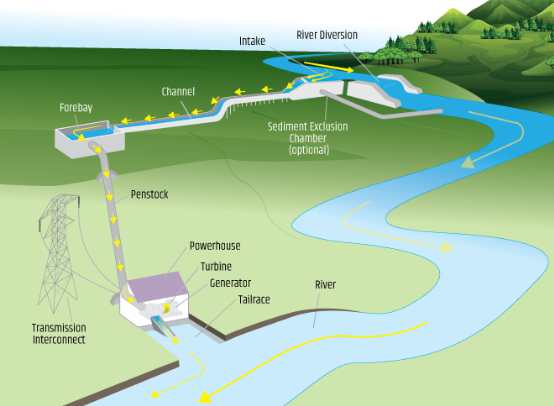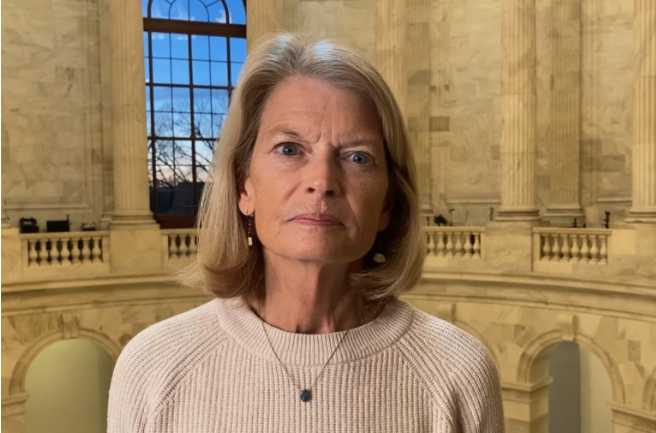WASHINGTON, D.C. – Fresh off a tour of Yukon River communities, Sen. Lisa Murkowski said she is optimistic about the future of rural Alaska after seeing firsthand local efforts to address high energy costs.
Sen. Murkowski spent three days in the Interior last week visiting communities on the upper and middle Yukon River, including Beaver, Stevens Village, Tanana, Ruby, Galena, Kaltag, Grayling and Holy Cross.
Sen. Murkowski praised the initiative shown by Tanana and Ruby leaders to employ locally available renewable resources to reduce energy expenses for their communities. While the projects focused on public buildings in the communities, their success shows what is possible at the local level – even in the remotest communities. Senator Murkowski also noted that the city governments of Tanana and Ruby were able to largely find the funds for their projects in their existing budgets.
“It was inspiring to see how some of these communities have come together with some different approaches to solving the challenge of high energy costs,” said Sen. Murkowski. “These small towns are being innovative in both how they power their public buildings, and in how they pay for the projects. It’s that kind of can-do spirit that Alaskans are rightfully famous for.”
|
|
In Tanana (pop: 230), renewable resources are helping to cut energy costs on local public buildings. The city has installed a biomass-fueled boiler to heat the community’s water supply and heat the local Laundromat – saving city coffers an estimated $1,000 a month. The city runs its biomass boiler exclusively on drift wood, ensuring no trees are cut for city fuel. A similar biomass system is being installed at the Tanana school. Solar panels have also been installed on some city buildings and homes.
In Ruby (pop: 170), residents are using waste heat to heat some city buildings, and solar power to help supplement diesel fuel power. Ruby is also testing a number of different hydropower systems to see which will best meet their unique circumstances. Still, difficulties with buildings built by outside agencies remain, especially with the city’s fire truck garage.
In addition to seeing the renewable energy projects, Sen. Murkowski met with city leaders, toured facilities and schools and held town halls with residents in each community. Sen. Murkowski remains committed to working with local leaders to find solutions to the energy challenges facing residents in rural Alaska, including the bigger problem of lowering electricity costs.







